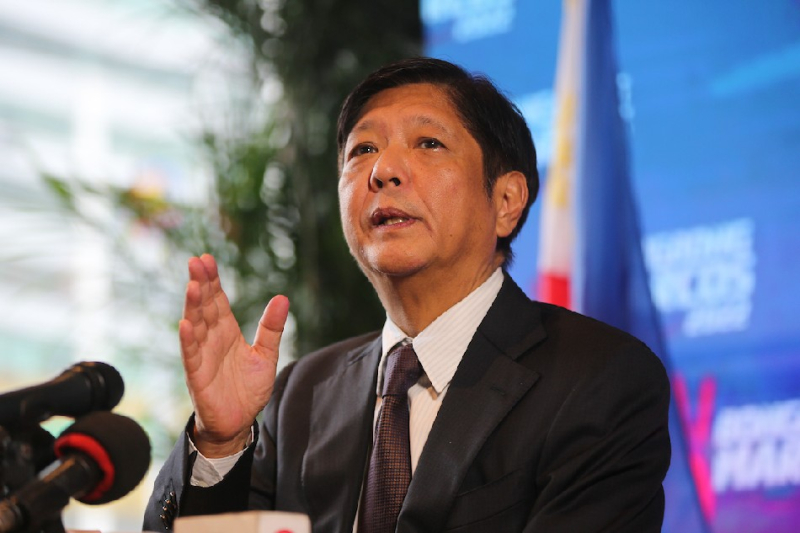The PTMP aims to replace aging and outdated public utility vehicles (PUVs) with modern, Euro 4-compliant units that offer better comfort, improved fuel efficiency, and reduced emissions. These new vehicles come with air-conditioning, GPS tracking, CCTV cameras, and cashless payment systems, enhancing both commuter safety and convenience.
“Commuters have already shown their preference for modern jeepneys. We have repeatedly seen them letting old jeepneys pass while waiting for a modernized unit. This is clear proof that the public values comfort, reliability, and safety in their daily commute,” Manuel added.
ABMAP also emphasized that the modernization program benefits not just commuters but also transport operators and drivers. With better-maintained vehicles, reduced fuel costs, and more organized fleet management, operators can achieve greater efficiency and profitability while providing a higher quality of service.
“We understand the concerns of some sectors regarding the transition, but modernization does not mean eliminating traditional jeepneys—it means improving them,” Manuel explained. “We must move forward with a transport system that meets the needs of today’s commuters while securing the livelihoods of our drivers and operators.”
As an organization committed to the growth of the local automotive body manufacturing industry, ABMAP is ready to work closely with the DOTr and stakeholders to ensure the smooth and fair implementation of the PTMP.
“We urge all stakeholders to come together in supporting this program. The ultimate goal is to create a better, more efficient public transport system that truly serves the people,” Manuel concluded.
With the backing of the national government and the leadership of Secretary Vince Dizon, ABMAP remains optimistic that the modernization of the country’s transport sector will continue, making life easier and more convenient for millions of Filipino commuters.


